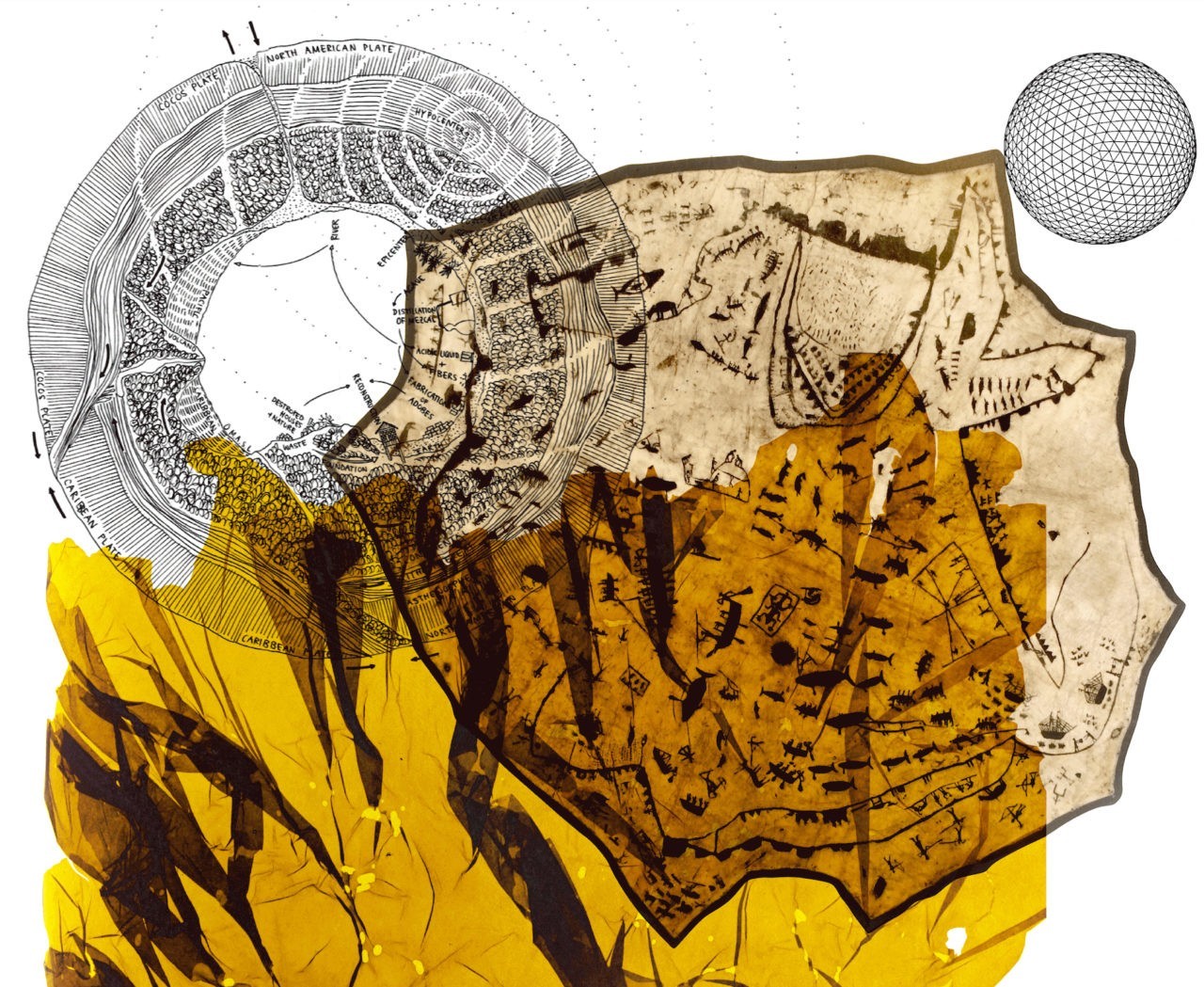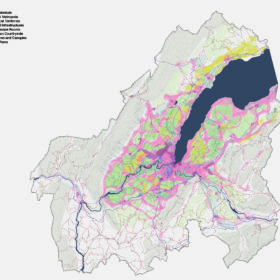
Call for applications PROLONGED until 30 June 2021.
Urban and territorial design has acquired a new meaning and urgency. From drivers of progress to the source of planetary hazards, the impacts of cities and wider urbanisation processes are being recast in the public sphere. The critical examination of anthropocentric world views, the proposed politics of a Green New Deal, growing social movements, and climate activism are reflected directly in urban and territorial space, highlighting power asymmetries and fuelling the exploration of alternatives. The imminent future of the urban engages social and environmental imaginaries, which now extend beyond-the-city and beyond-the-human.
In this context, urban and territorial design serves as a crucial field of synthesis, inspiring and negotiating change in science, practice, and governance. The design of the territorial project is understood as a possibility through which to explore common epistemic horizons and new biopolitical paradigms.
The new MAS programme embraces the ecological and socio-economic transition as a field of critical and imaginative investigation. Engaging with notions of transformation, reuse, regeneration, reparation, and transition of habitats and ecologies, the MAS will deploy the urban and territorial project as the crucial field of knowledge production across scales.
The new joint Master of Advanced Studies at the ETH Zürich and EPFL aims to build an innovative urban and territorial design education addressing social and environmental challenges both within the city-territory and across wider landscapes. Design and research studios form the core of the programme. Design will be explored as a tool for synthesis in an expanded field of inter- and transdisciplinary exchange. The curriculum therefore extends beyond the traditional scope of urban design teaching, to include both emerging developments in urban theory and a deeper understanding of the cultural and ecological dimensions of territories. Scientific research on planetary urbanisation, postcolonial thought and the Anthropocene will be engaged in relation to urban design, landscape architecture, urban and landscape ecology, in particular agroecology, sustainable construction, and low carbon mobility.
The MAS will serve as a laboratory and a forum where we propose agendas, design strategies and governance models for concrete territories. Both Swiss and international case studies will be investigated with intensive, ethnographic explorations and in situ workshops. The studies will engage dialogue with supporting communities, local actors, NGOs and governance bodies.
The MAS in Urban and Territorial Design requires one-year of full-time postgraduate study for a 60 ECTS joint degree, the “MAS ETH EPF UTD I”. It is taught in English and held at the two Swiss schools, EPFL (autumn) and ETH Zürich (spring).
Website MAS Urban and Territorial Design
Applications
Call for applications for the academic year 2021/22 will open from 1 April–31 May 2021.
Collaborating teams
ETH Architecture of Territory / Institute Landscape and Urban Studies (LUS)
Assoc. Prof. Milica Topalović
EPFL Habitat Research Centre (HRC) / Laboratory of Urbanism (Lab-U)
Prof. Paola Viganò
Timeline, Eligibility
Autumn 2021 (September–January)
EPFL HRC-ENAC, Studio Paola Viganò.
Spring 2022 (February–June)
ETH Zürich D-ARCH LUS Institute, Studio Milica Topalović.
The programme is addressed to international graduates, young professionals, designers and researchers who wish to link research and design expertise in the context of the extended urbanisation of territories.
Scholarships
The programme offers two scholarships to cover the tuition fees.
Studying in Times of Covid-19
The programme is committed to cultivating a successful social environment in Switzerland. Hybrid teaching formats will be available to provide appropriate solutions on a case-to-case basis. Support services are offered from both schools to assist students in finding accommodation.
Contact
Course Coordinator: Vesna Jovanović. Please contact us for any clarifications concerning the programme and how to apply.
